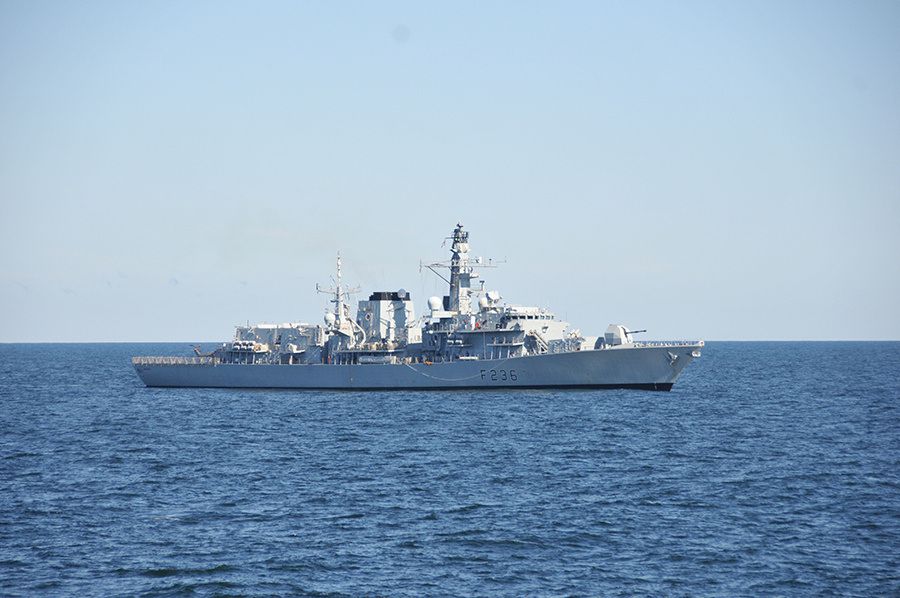
The Royal Navy of Britain reported on Thursday that one of its warships had arrested smugglers in international waters south of Iran early this year after seizing Iranian armaments, including surface-to-air missiles and cruise missile engines.
On January 28 and February 25, a helicopter from the frigate HMS Montrose detected speedboats leaving the Iranian shore, and hundreds of shipments containing sophisticated weapons were seized, according to a statement from the Royal Navy.
By accusing Britain of being involved in the war against Yemen by providing armaments to the Saudi-led coalition, the Iranian foreign ministry refuted the British claim.
‘Britain has been a partner in the war and aggression against Yemen by continuously selling advanced weapons to the self-proclaimed military coalition against the defenceless people of Yemen, and it is not in a position to make such baseless accusations about the Islamic Republic of Iran and assume a humanitarian face,’ the ministry said in a tweet, quoting its spokesperson Nasser Kanaani.
British ‘does not have the moral authority to make a claim against the Islamic Republic of Iran,’ he claimed.
According to the Royal Navy, the shipment contained multiple rocket engines for the Iranian-produced 351 land attack cruise missile as well as a batch of 358 surface-to-air missiles. The seized packages were then sent back to the UK for technical analysis.
The Houthi group in Yemen frequently uses the 351 cruise missile, which has a range of 1,000 km (620 miles), to target Saudi Arabia and the United Arab Emirates, though it did not specify where the missiles were headed.
According to the Royal Navy, the USS Gridley destroyer backed the seizure in February. The HMS Montrose was engaged in ordinary maritime security operations when both seizures took place, it was claimed.
‘This action demonstrates that we will not allow Iran’s reckless and aggressive acts to go unchecked on land, sea, and air,’ said Colonel Joseph Buccino, a spokesman for U.S. Central Command.
Since 2015, Riyadh and Abu Dhabi have been at war with the Houthis, who are believed to be Iran’s proxy in the battle between the two Western-backed Arab Gulf nations and Iran.

Post Your Comments